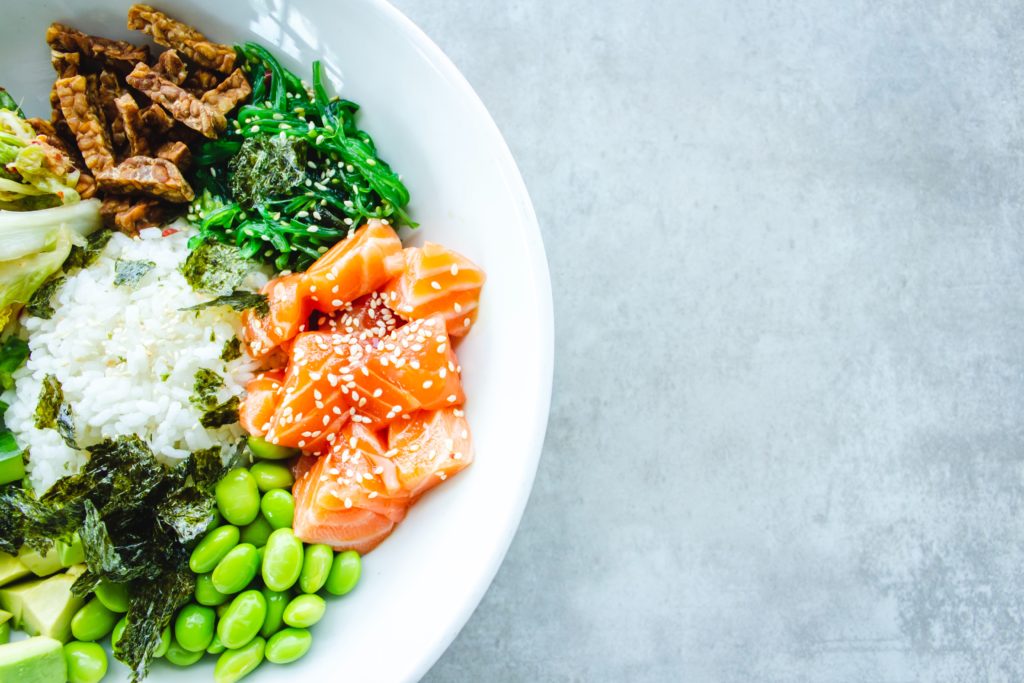Do diet therapies work for GERD (Gastroesophageal Reflux Disease)?

Do diet therapies work for GERD (Gastroesophageal Reflux Disease)?
By Liz Moon, NP
I recently attended a conference dedicated to the review of FOOD AS MEDICINE! There were so many wonderful topics covered which I look forward to sharing in the future but one of my favorite discussions was related to GERD and how diet can have a significant impact on this disease. Dr. John Pandolfino of Northwestern Medicine spoke about the pathophysiology of the disease and reviewed the data related to how specific dietary modifications may offer a personalized approach to GERD.
First, there may be a misconception that GERD is a disease only related to the acidity of gastric juices. Turns out there are several other factors that contribute to the disease and its severity; this includes the number of reflux events a patient has, how acid is cleared from the stomach, and tissue sensitivity. There are various things we know affect each of these including carrying extra weight, coffee, carbonated beverages, alcohol, spicy foods, high volume meals and late meals.
As patients become more and more disenchanted with pharmaceuticals because they are not effective or have concerns about potential side effects, they want to know how they can control their disease with alternatives. A simple addition of fiber to the diet can be helpful for GERD symptoms. Having a fiber rich diet has been shown to be beneficial in decreasing the number of reflux events, decreasing the frequency of heartburn, and helping increase the lower esophageal sphincter (bundle of muscles where the esophagus meets the stomach to keep contents from going backwards) resting pressure. In addition, there has been data showing a positive association between GERD and a Mediterranean diet. A Mediterranean diet typically includes a high intake of vegetables, legumes, fruits, whole grains, fish, olive oil, and low amount of red or processed meat. These two dietary approaches (fiber-rich and Mediterranean) have also been shown to be beneficial regarding weight reduction, see our previous blog titled “Eat More Fiber=Lose More Weight.” Higher body mass index increases the risk of GERD symptoms regardless of obesity and several studies have shown that weight loss improves GERD symptoms. Many believe their weight loss needs to be a large amount to experience benefits but even a 5-10-pound weight loss will lead to improvement in symptoms. Other non-medication approaches were reviewed as well including acupuncture, peppermint oil, apple cider vinegar, a Japanese supplement called Rikkunshito, and many more. Though these non-medication approaches are not regulated by an agency it is recommended that you work with a healthcare professional familiar with these options to be used safely.
We have an entire team at Comprehensive Gastrointestinal Health including a gastroenterologist, nurse practitioner, dietitian, behavioral coach, and physical therapist knowledgeable about GERD and weight management that are ready to help! Please call our office today at 224-407-4400 or visit our website at www. compgihealth.com to request an appointment today.
